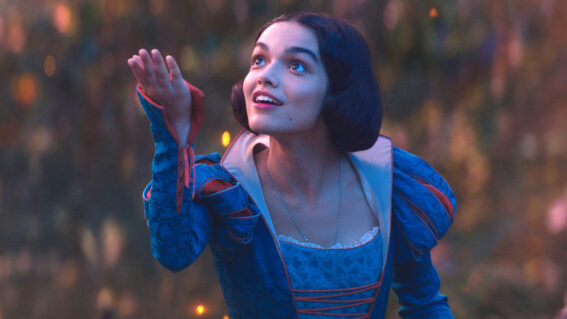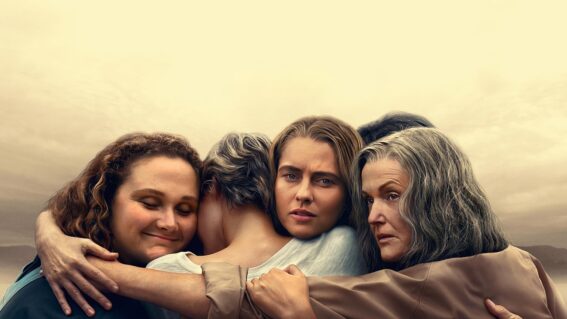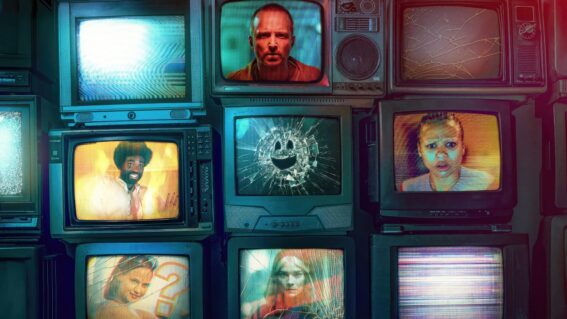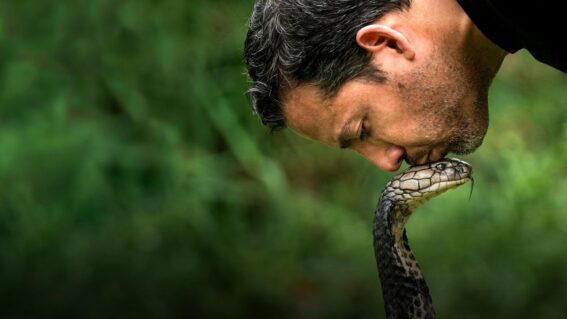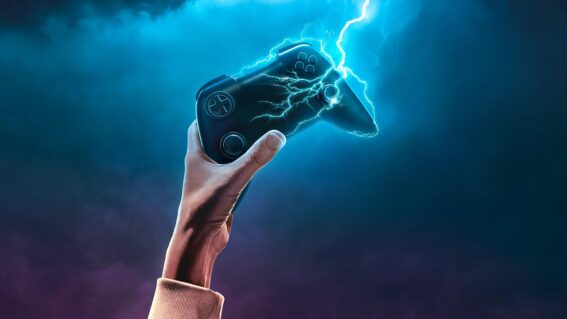Twilight of the Gods is an animated feast of Zack Snyderisms
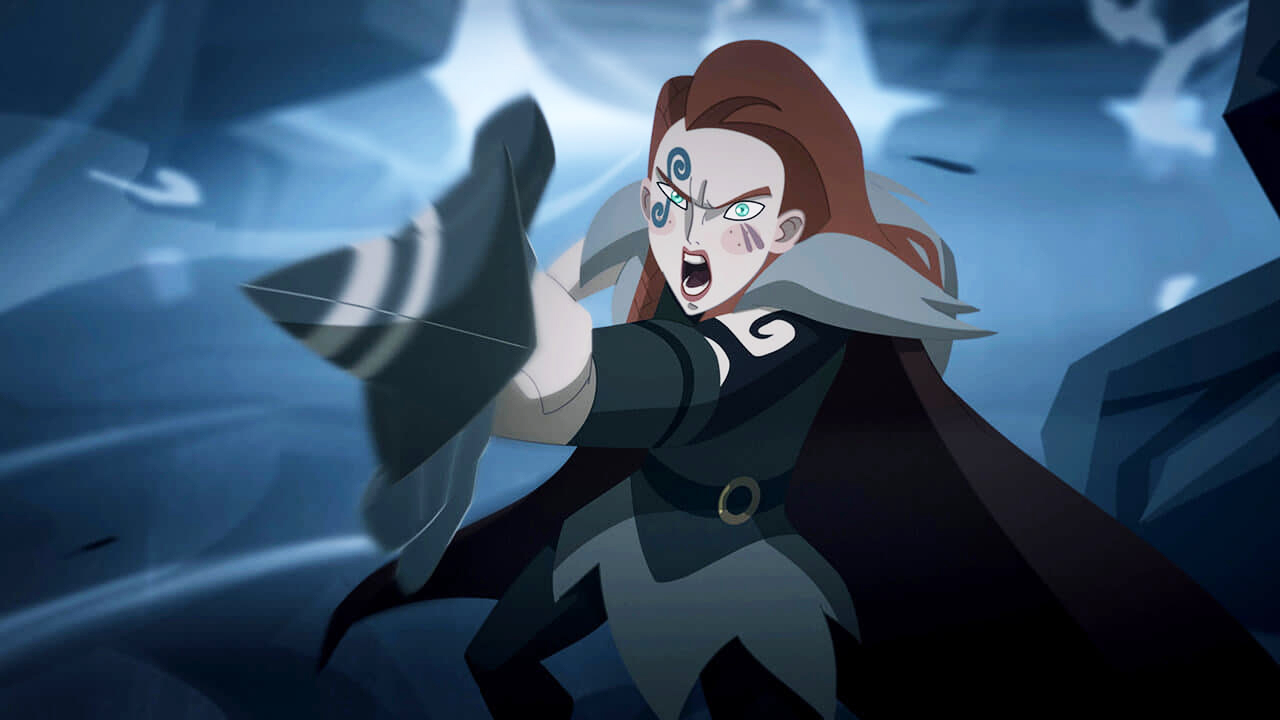
Zack Snyder’s latest production is an animated Netflix series, but it’s still a Snyder production through and through, overdosing on heavy-handled spectacle. Here’s Luke Buckmaster’s review.
An early scene in Twilight of the Gods captures a ferocious battle—with swords swinging, heads lopped off, and a woman leaping through the air in slow-mo above limb and corpse-strewn ground. Soon later the two lead characters—Sigrid (voiced by Sylvia Hoeks) and Leif (Stuart Martin)—have sex in front of a fireplace, both naked, wobbly bits exposed. By this point it’s clear that, despite a different aesthetic, the series is not a departure for co-director and co-creator Zack Snyder, as usual gorging on heavy-handed spectacle. The other directors are Jay Oliva, Tim Divar, Andrew Tamandl and Dave Hartman, with Snyder smashing out the first and last episode, though his shadow looms over all of them.
Populist narratives inspired by Norse mythology have a tendency to sound, at least to me, quite a lot like chest-beating gobbledegook: Thor this, Loki that, something about Asgard, insert legend, insert lore, obey the prophecy, disobey the prophecy, don’t defy the gods, definitely defy the gods (or in the words of Sigrid’s father: “fuck the gods, for plenty have they fucked us”). That’s especially the case in this pacey but exhaustingly repetitive production, filled with hell-raising dialogue—particularly directly towards Thor (Pilou Asbæk), who Sigrid vows to kill after he murders her family. She recruits warriors to fight him, assuring one that “we ride beneath no banner, and will likely as not die in the effort.”
Such Norse-inspired terrain is very well explored in popular culture, a cloud of familiarity hanging over everything, the show a melange of testosterone-charged fantasy. The tone is certainly wild, honeycombed with cheap thrills and bursts of smoke and thunder. Like much of Snyder’s work, Twilight of the Gods smells like a teenage boy’s bedroom; in his hands “Norse mythology” is another way of saying “adolescent fantasy.” Snyder’s well-established style is bereft of wit and self-consciousness: when he stares into the proverbial campfire, retelling old tales, he does so with a deathly serious look on his face, continuing and extending legend, with little inclination to interrogate it or take it in fundamentally new directions.
Separated into half hour episodes, the portions in Twilight of the Gods certainly go down easier than a Synder movie (his oeuvre includes Watchmen, Man of Steel, Justice League and most recently Netflix’s Rebel Moon movies). Plus as mentioned the pace hoons along, the finicky nature of animation perhaps encouraging a more compact approach. But I found the plot unengaging and erratic, throwing any kind of grotesqueries, and bogged down by lore-related events from the past. The present feels like the least interesting moment for the writers; they’re too busy looking forwards and backwards.
Emotionally speaking I wasn’t invested in any of the characters and couldn’t care less if they lived or died; nor did I care about their mission. Frankly I wouldn’t have minded if the show had ended with Thor ripping Sigrid and Leif’s heads off then dancing on their remains. In fact, there’s a slight possibility this actually happens: for the purposes of this review, I watched the first five episodes, and that was enough.





